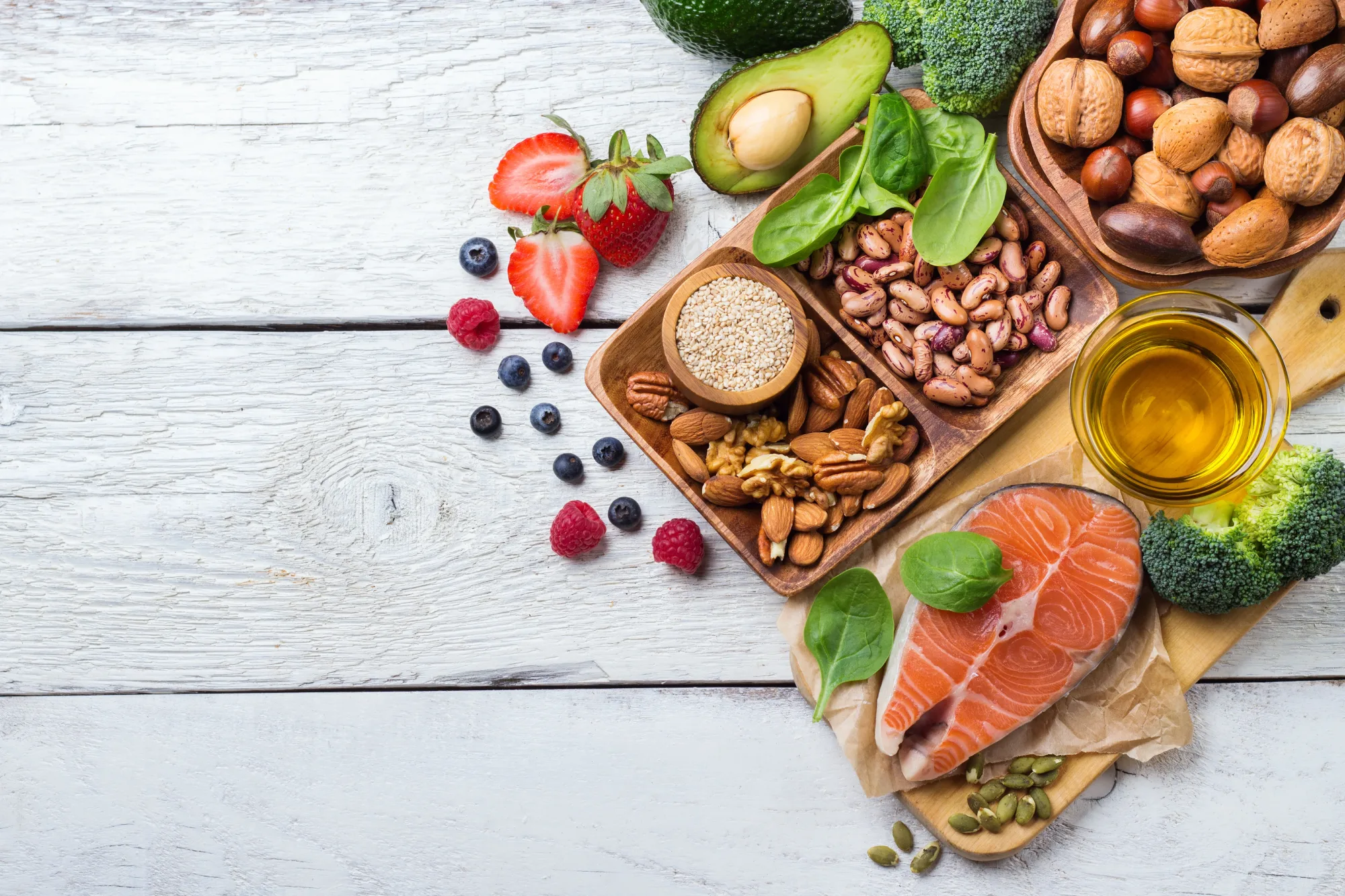News & Articles

How to Eat Healthily During & After Cancer?

More or less? Eating healthily after cancer
Senior Dietitian Gerard Wong from Parkway Cancer Centre looks at what you should eat more or less of during and after cancer treatment. As cancer is a complex disease, be wary about claims of one type of food or fruit having the power to eradicate or prevent cancer entirely. Eating a balanced, varied and nutrient-dense diet along with an active lifestyle is possibly the best approach to fight cancer. If you are going through cancer treatment or beginning a new chapter in your life after cancer, eating well is even more essential in helping you recover faster, get stronger and stay healthier. Here are some things you need to eat more... or less of.
MORE
Healthy fats
Try to include more healthy fats such as oily fish into your diet. Oily fish is low in saturated fat and high in omega-3 fatty acids, which offer many health benefits. Examples of healthy oily fish include salmon, mackerel, cod and sardines. Good fats are also found in avocados, nuts, seeds, Greek yoghurt, olive oil and eggs.
Lean protein
Opt for lean protein such as chicken, turkey, fish and lean beef, beans and low-fat dairy, and limit your intake of red meat and processed meats to no more than 500g per week. Cooking your food in healthy ways is just as important as choosing the right types of meat. Cooking at high temperatures has been found to increase the risks of cancer, so cut down on grilling, broiling, frying and deep-frying meat.
Fibre
Increasing your intake of fibre can help you maintain a healthy weight or even lose weight by making you stay full longer. A higher fibre intake can also give you more protection against colorectal cancer. Go for more brown rice, multigrain bread and wholegrain cereals, and include plenty of fruits and vegetables (preferably non-starchy vegetables) in your daily diet.
LESS
Sugar
As sugars, in the form of carbohydrates, provide our bodies with the most important source of energy, there is no need to avoid sugar entirely. However, giving up food with processed sugar is generally recommended. While you don’t need to cut sugar out of your diet altogether, try to consume it in moderation. For a start, cut back on sweets, lollies, cakes and sugar-sweetened beverages as well as refined (processed) carbohydrates.
Alcohol
There is no such thing as a “safe” level of alcohol consumption. If you don’t drink, don’t start. If you do, drink in moderation, keeping to recommendations: No more than two standard drinks a day for men, and no more than one per day for women.
Weight
Maintaining a healthy weight and body mass index (BMI) can help to lower your risk of getting chronic diseases, as well as cancer. This means, among other things, eating a balanced diet and staying physically active most days of the week. However, do talk to your doctor about your new exercise regime and schedule before starting. Always listen to your body, and don’t rush it: start slowly, then work your way up. Do consult your doctor or a certified dietitian before embarking on any new post-cancer nutritional plan.
| POSTED IN | Nutrition |
| TAGS | cancer diet & nutrition, healthy food & cooking, healthy lifestyle, weight management |
| READ MORE ABOUT | Colorectal Cancer |
| PUBLISHED | 02 August 2018 |
